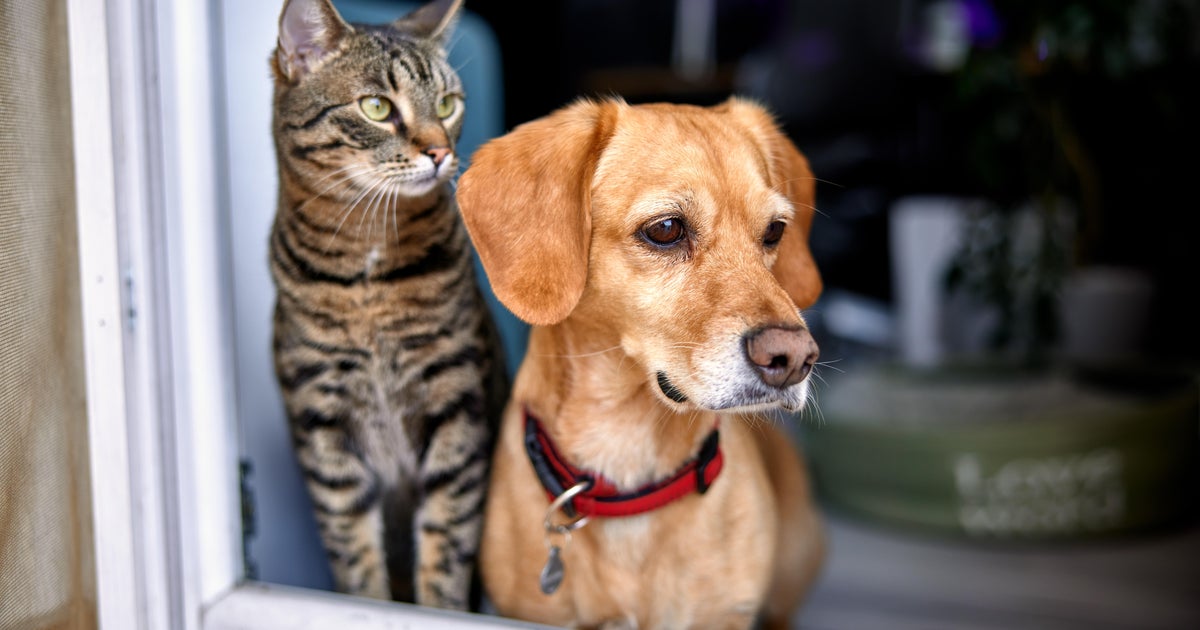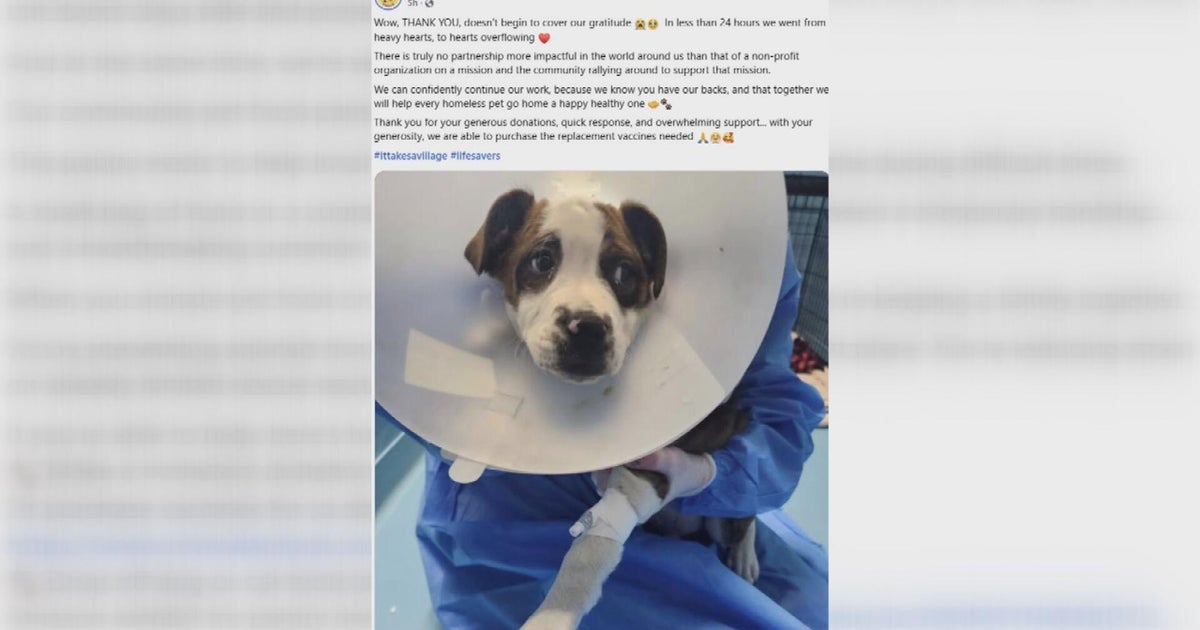Vets: Don't Give Potassium Iodide To Pets
DAVIS (CBS13) – Hundreds of Americans especially along the West Coast have been buying potassium iodide pills over fears radiation from Japan's crippled nuclear plant could spread across the Pacific. And many of those people are asking veterinarians if they should also give those pills to their pets. The answer according to UC Davis veterinarians is no.
While most experts say there is no need to worry, the continued talk of radiation spreading to the US has concerned California residents clearing the shelves of potassium iodide pills at many health stores, and prices on auction sites like eBay have climbed to as much as $75 per pill and beyond.
Potassium iodide can protect the thyroid against one type of radiation damage, but it doesn't protect any other parts of the body. The drug is generally considered safe but can cause reactions in people with shellfish allergies.
UC Davis' William R. Pritchard Veterinary Medical Teaching Hospital has been receiving dozens of phone calls daily this week from pet owners concerned about possible radiation health risks to their pets.
"While potassium iodide might help protect dogs, cats and other pets, as it would people, from the risks of radiation exposure in the unlikely event that radioactive iodine reaches here in appreciable levels, giving it ahead of time carries risks and would be ill advised," said Michael Kent, a faculty veterinarian who specializes in radiation cancer therapy.
Those risks for pets include side effects like severe allergic reactions; gastrointestinal upsets including vomiting, diarrhea and anorexia; decreased normal thyroid function; and damage to the heart. At high enough levels, potassium iodide can even cause death.







